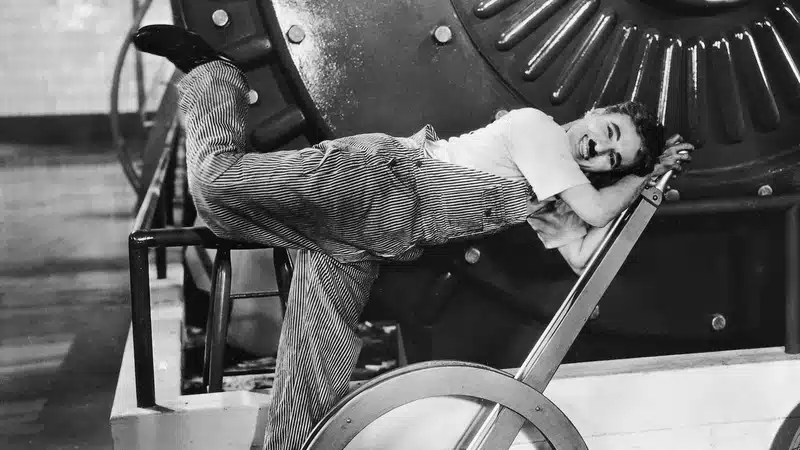Why would anyone think that condemning a murder must imply any particular judgment about the victim?

TGIF: Hurray for the Industrial Revolution!
Unbelievably, in 2025, walking among us are people, many of them young and college-educated, who believe the Industrial Revolution (spawned by the liberal Enlightenment) was a disaster for most of mankind. They yearn for what they imagine was the tranquil, plentiful, and happy communalism of the Middle Ages. I'm not referring only to people on the fringes. Glenn Greenwald, the cosmopolitan journalist who has done important reporting on civil liberties and foreign policy, recently lamented the loss of medieval life in a paean to the anti-industrial manifesto (but not the murderous actions) of...

TGIF: Trump and the Separation of Powers
The U.S. Court of Appeals' rejection last week of the Trump administration's global "emergency" tariff program was a welcome affirmation of the separation-of-powers doctrine. Next stop: the U.S. Supreme Court. I'm keeping my fingers crossed for a 9-0 ruling that Trump grossly exceeded his constitutional powers. One can hope. Liberty is never secure. However, if we must have a state, the separation of powers may provide some measure of security. The framers, drawing on Montesquieu, understood this. Unfortunately, politicians have weakened the doctrine over the centuries. Most egregiously,...
Capitalism Civilizes
"Participation in capitalist markets and bourgeois virtues has civilized the world. It has 'civilized' the world in more than one of the word's root senses, that is, making it 'citified,' from the mere increase in a rich population. It has too, I claim, as many eighteenth-century European writers also claimed, made it courteous, that is, 'civil.' 'The terrestrial paradise,' said Voltaire, 'is Paris.'" —Deirdre N. McCloskey, Bourgeois Virtues

TGIF: The Chicanery Behind Inequality Data
If self-described progressives decry anything more fiercely than poverty, it is income and wealth inequality. Some have even suggested that they would prefer low-income equality to inequality, regardless of how affluent the lowest level was. What counts is the gap. The terms poor and low-income are relative, of course. We'd be better off talking about the poorer and lower-income. Also, it's better to be poor in America than anywhere else if we factor in immeasurables such as good prospects. However, some people don't understand the point or perhaps don't want to understand it. Reasonable...

TGIF: The Poverty of Poverty Data
"Poverty has no causes; prosperity has many. As history attests, poverty is humanity’s default condition.... But prosperity is not natural; it does not just happen." —Phil Gramm and Donald J. Boudreaux To hear some people tell it, America is in the grip of a vast conspiracy in which billionaires get richer, the middle class stagnates at best, and the poor get poorer. Poverty and inequality, by this account, are the shame of America. How can we let this go on! Do not fall for it. Except for the part about billionaires (those who get rich by innovatively serving consumers), the story is hokum....

TGIF: Immigration Control Threatens the Rule of Law
Immigration control strikes at the heart of the rule of law. That fact is badly unappreciated, even by some libertarians. If for no other reason, people who cherish individual liberty ought to be appalled by what the Trump administration is up to. Trump did not invent this unequivocal assault on a key protector of freedom—blame Congress for that—but never has the assault been so flagrant in America. To see this, let's look at libertarian political philosopher Jacob T. Levy's 2018 article "The Rule of Law and Risk of Lawlessness." Levy wrote the article in response to the intensification of...
Immigration Control and the Rule of Law
If you think that immigration control does not strike at the heart of the rule of law, you need to listen to this: https://youtu.be/Ierrs3E3Qow?si=8Szi0YiuDfh7Xgte









